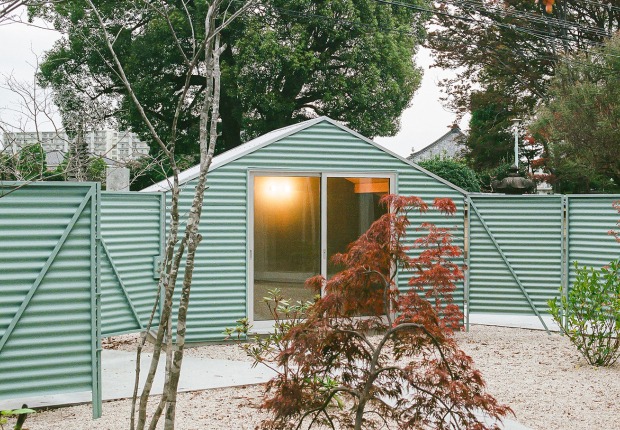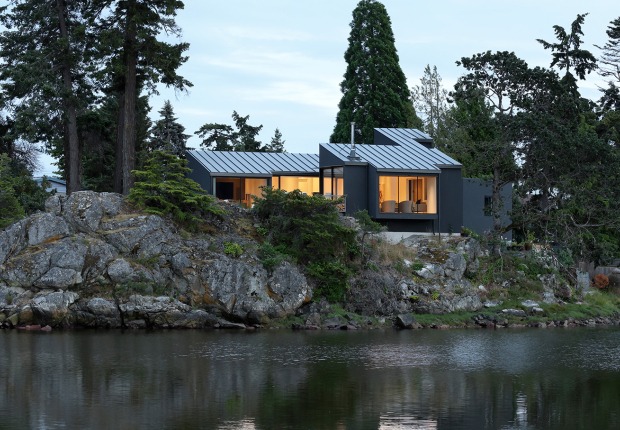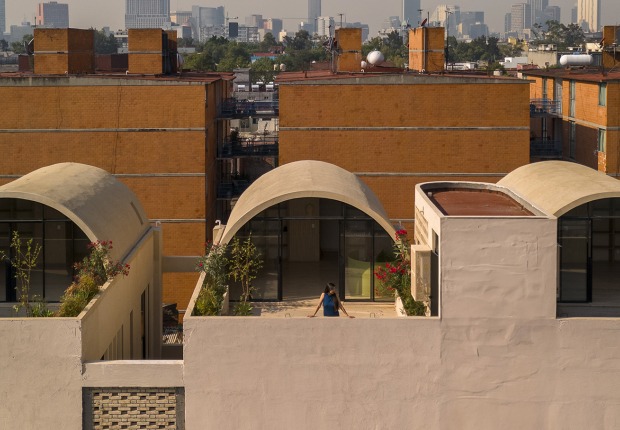This cinematic journey through her most important architectural projects in São Paulo and Salvador da Bahia poses the question of what remains of a person in the work they leave behind.
Following the 100th anniversary of Lina Bo Bardi’s birth there are a lot of current exhibitions (among them, see Lina Bo Bardi 100 – Brazil’s alternative Path To Modernism, also “Lina Bo Bardi Together”, organised by Arper, travelling around the world), catalogues and books, or video and documentary materials (Precise Poetry).
A film about famous Italian-Brazilian architect Lina Bo Bardi, who created poetry through architectural precision. Told in a series of interviews in Portuguese with English subtitles on the eve of her 100th birthday, Bo Bardi's colleagues and friends recount the sociopolitical constraints and personal events that would lead to the timelessness of her work.
More information
Published on:
December 7, 2014
Cite:
"[VIDEO] Lina Bo Bardi 100. Brazil’s Alternative Path to Modernism [II]" METALOCUS.
Accessed
<https://www.metalocus.es/en/news/video-lina-bo-bardi-100-brazils-alternative-path-modernism-ii>
ISSN 1139-6415
Loading content ...
Loading content ...
Loading content ...
Loading content ...
Loading content ...
Loading content ...
Loading content ...
Loading content ...
Loading content ...
Loading content ...
Loading content ...
Loading content ...
Loading content ...
Loading content ...
Loading content ...
Loading content ...
Loading content ...
Loading content ...
Loading content ...
Loading content ...
Loading content ...
Loading content ...
Loading content ...
Loading content ...
Loading content ...
Loading content ...
Loading content ...
Loading content ...
Loading content ...
Loading content ...
Loading content ...
Loading content ...
Loading content ...
Loading content ...
Loading content ...
Loading content ...
Loading content ...
Loading content ...
Loading content ...
Loading content ...
Loading content ...
Loading content ...
Loading content ...
Loading content ...
Loading content ...
Loading content ...
Loading content ...
Loading content ...
Loading content ...
Loading content ...
Loading content ...
Loading content ...
Loading content ...
Loading content ...
























